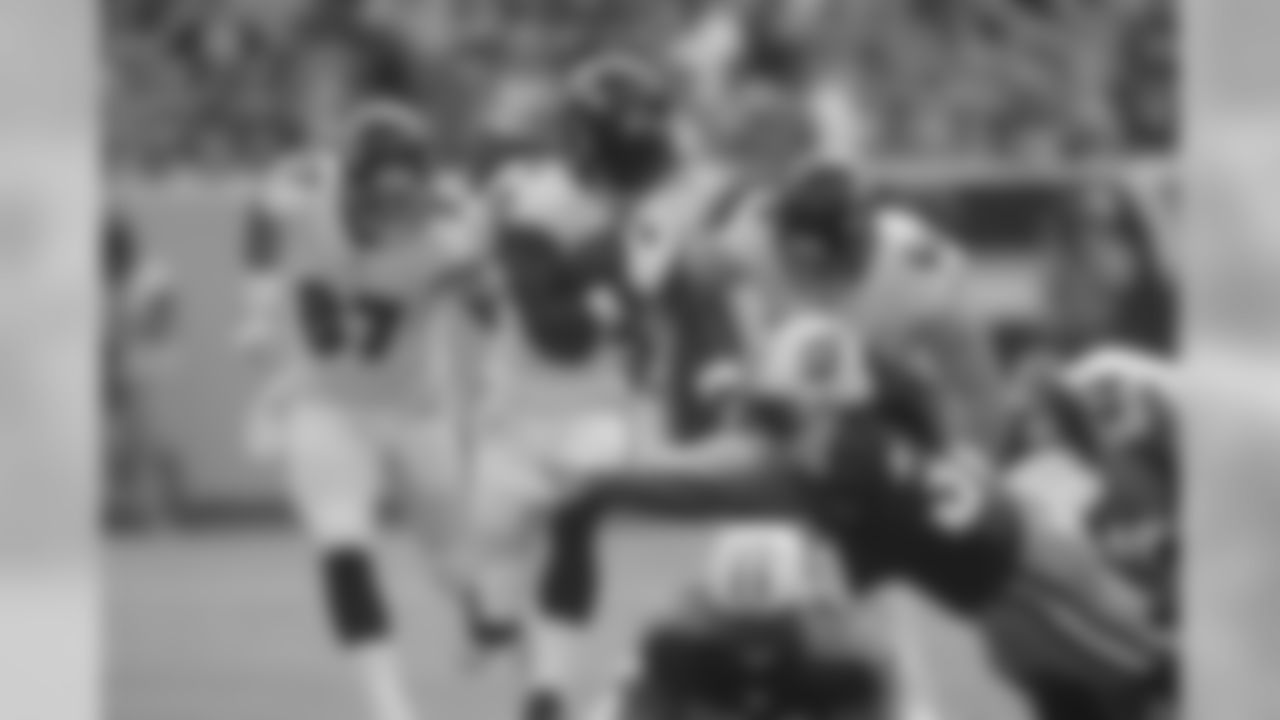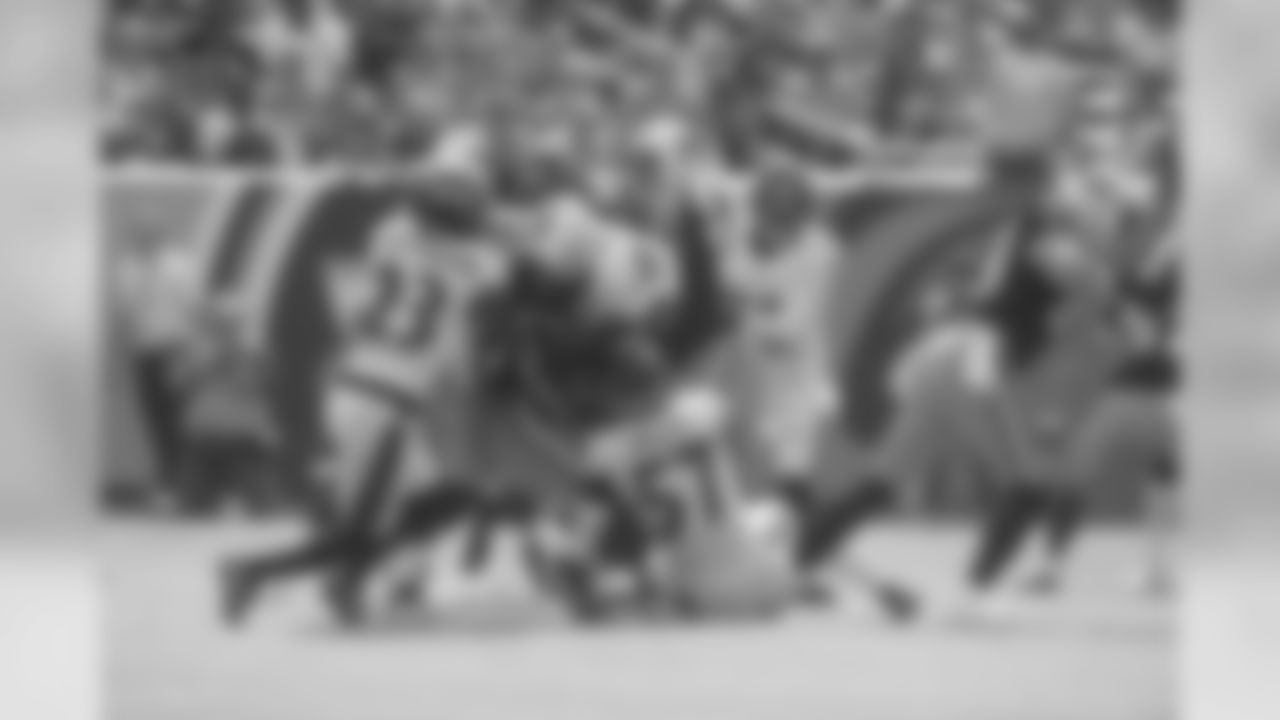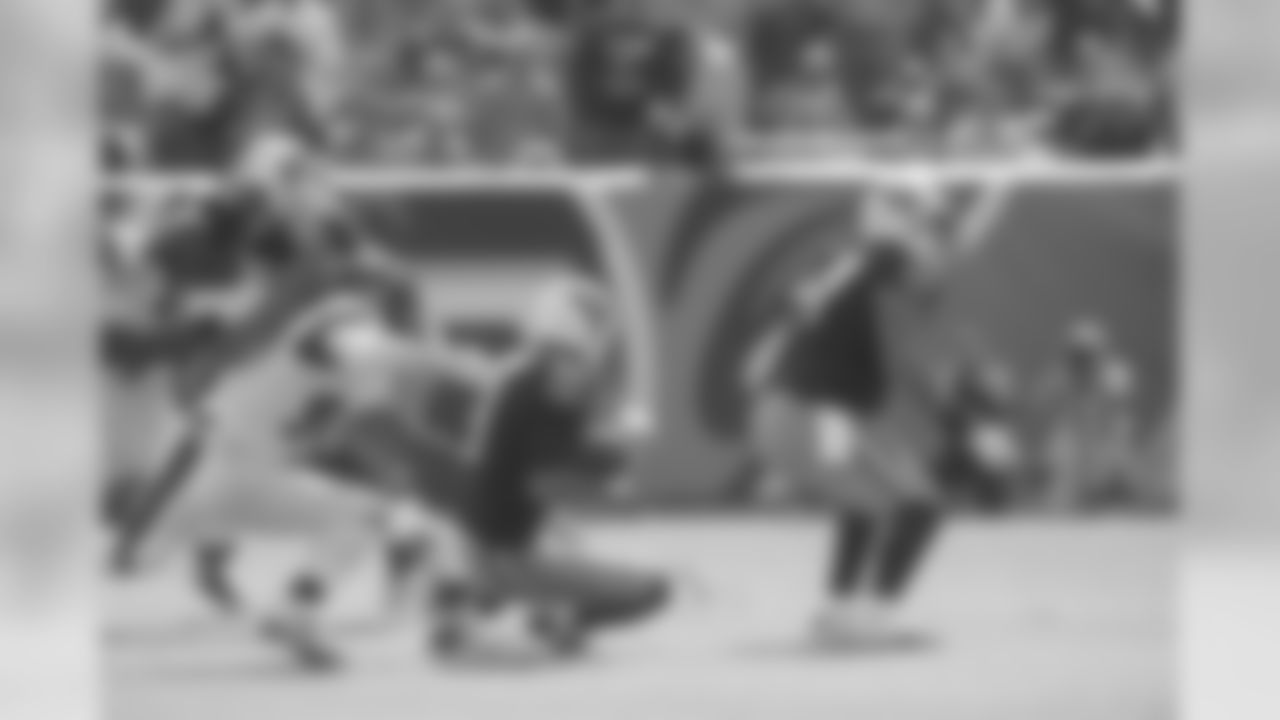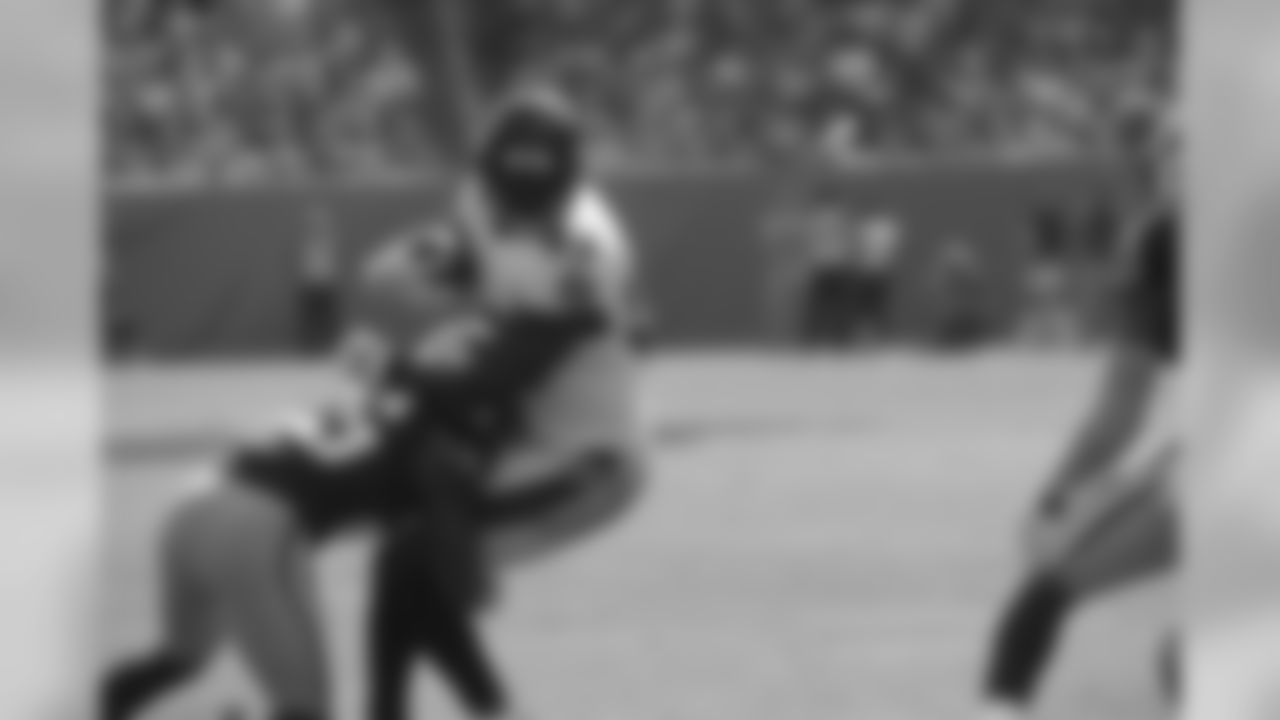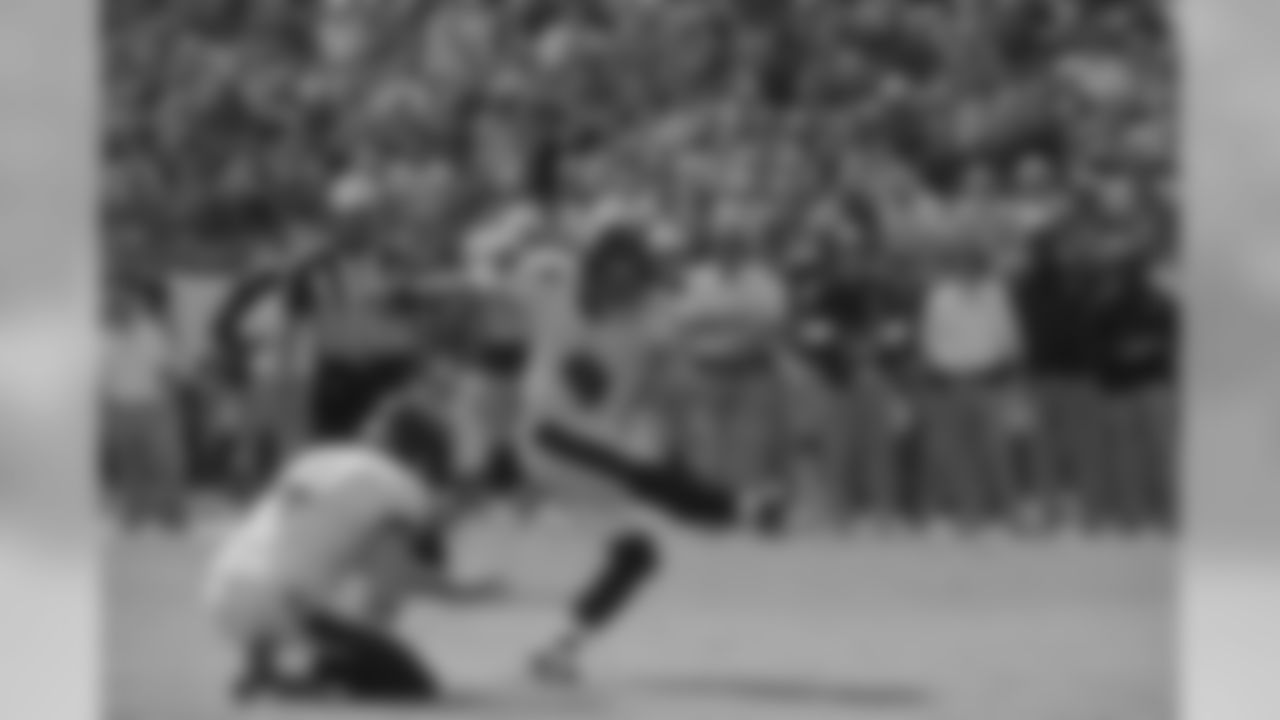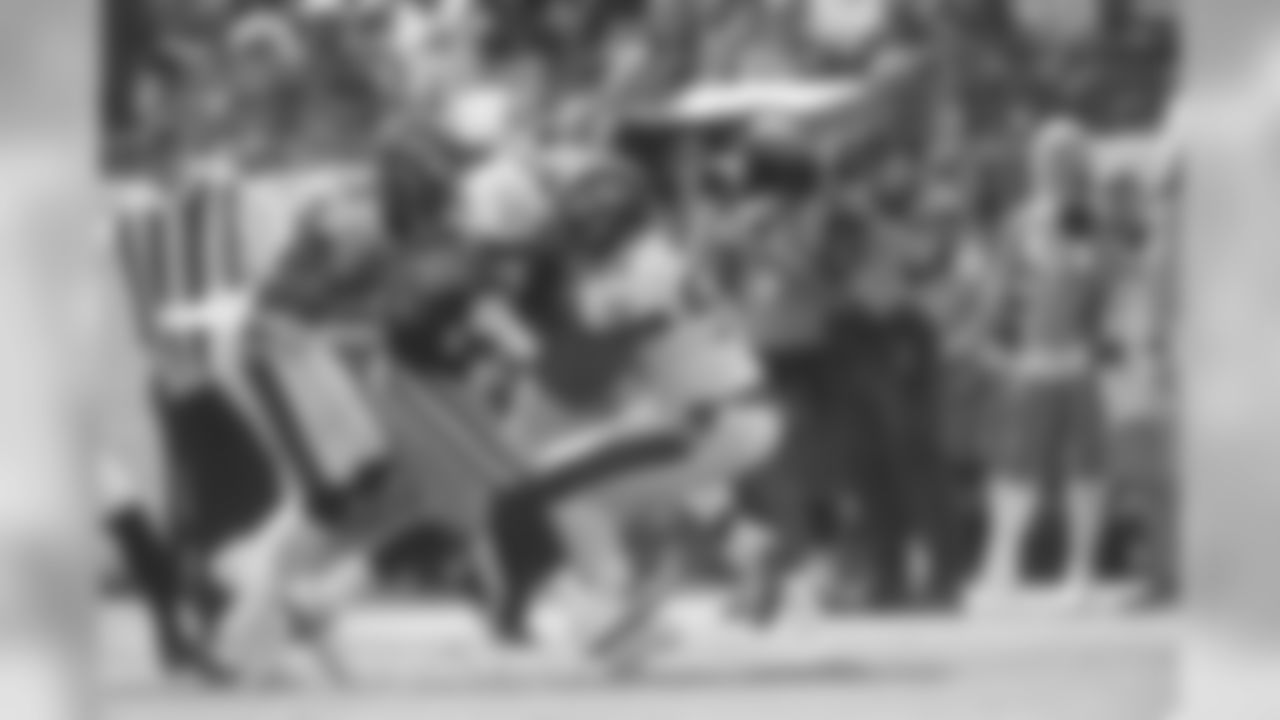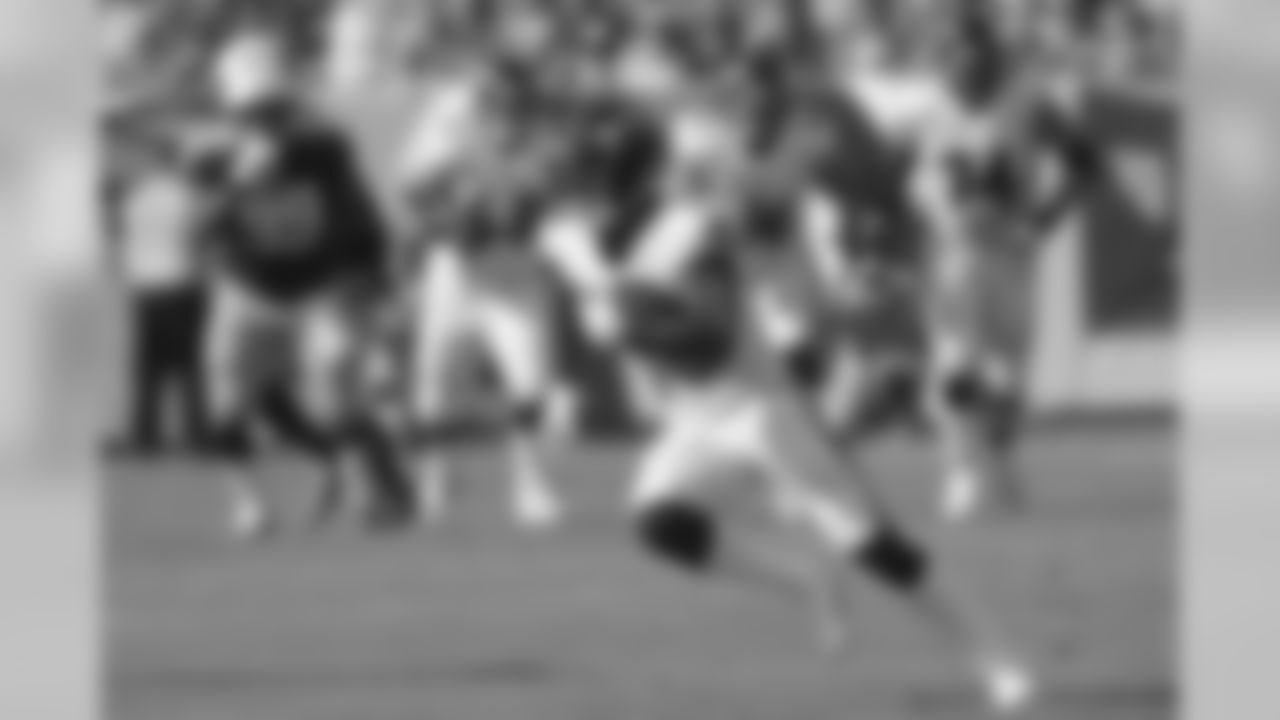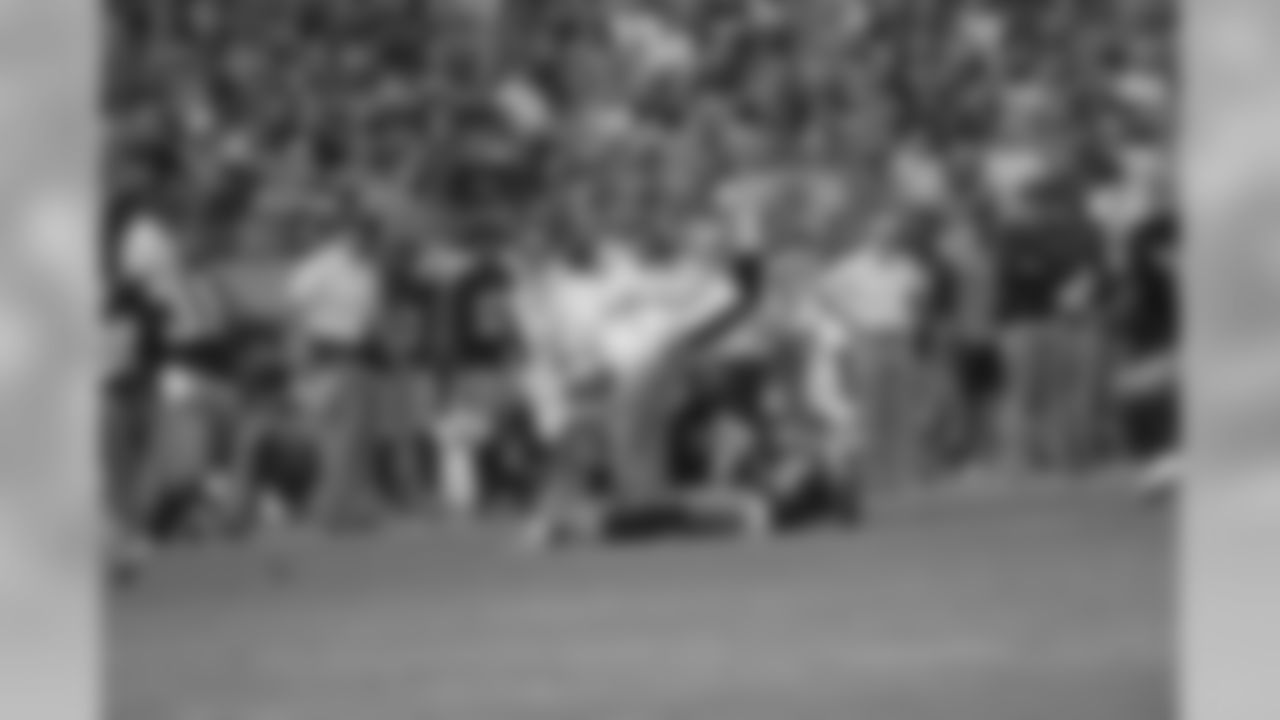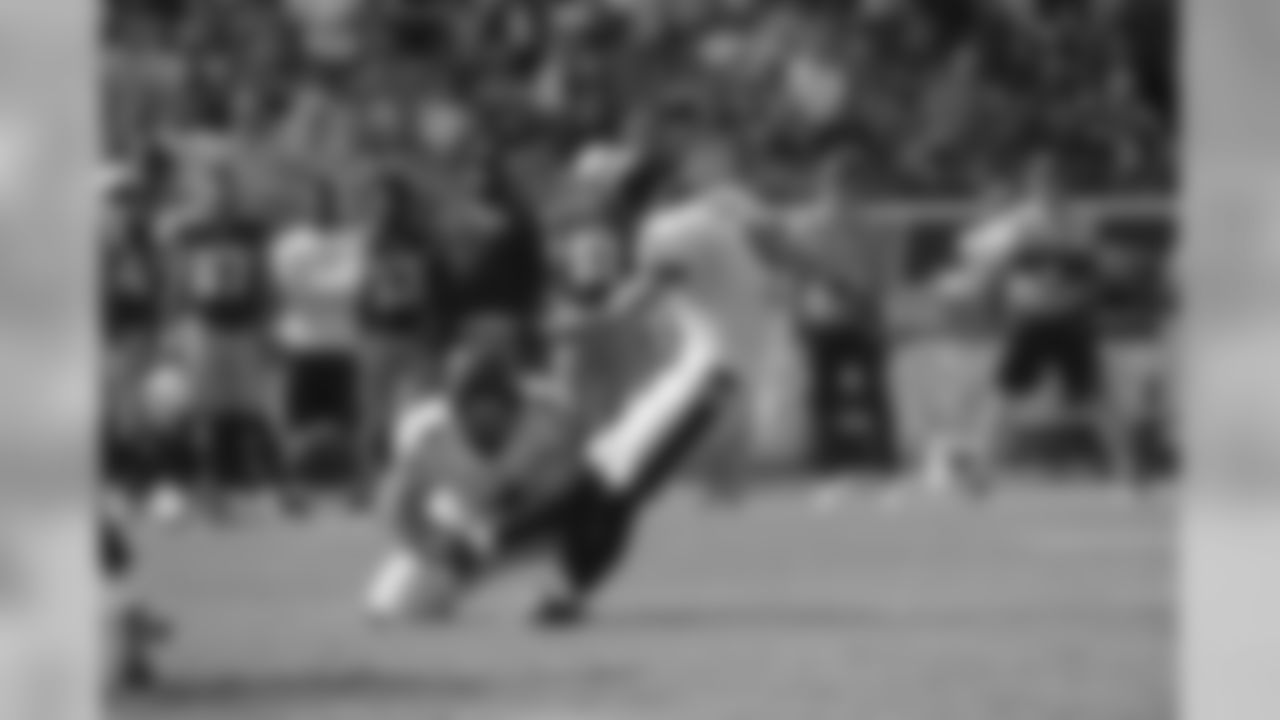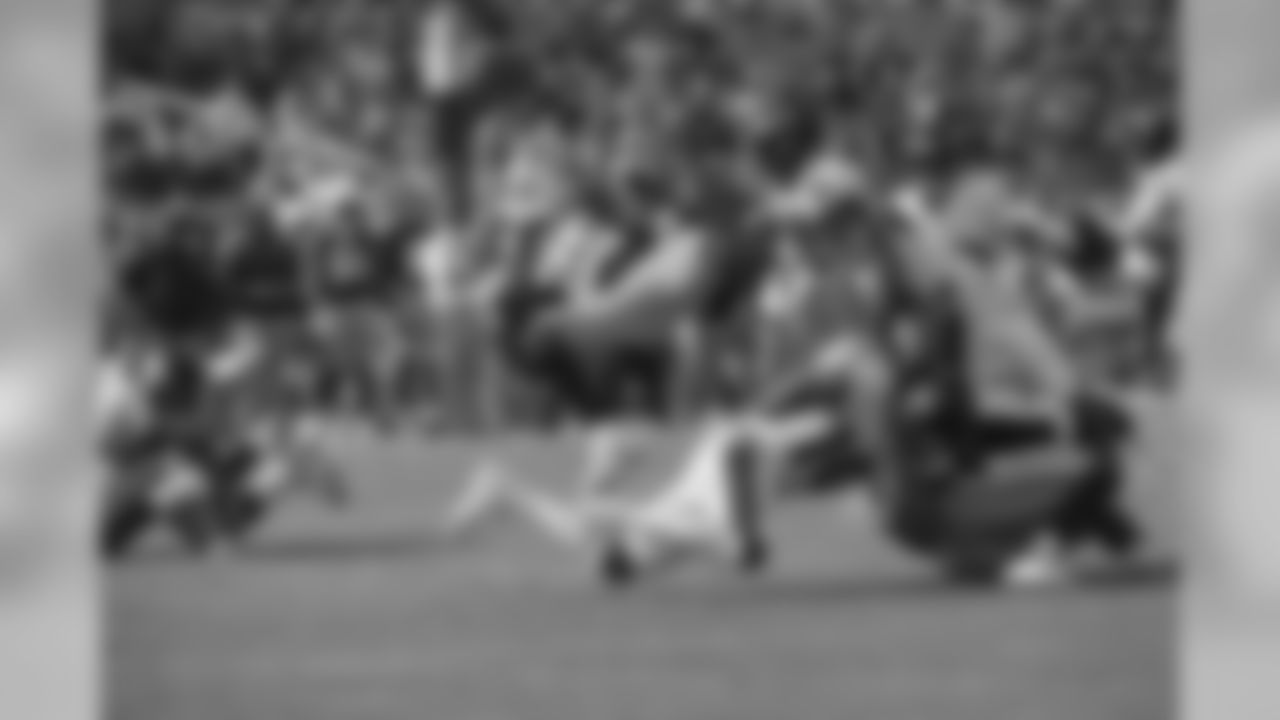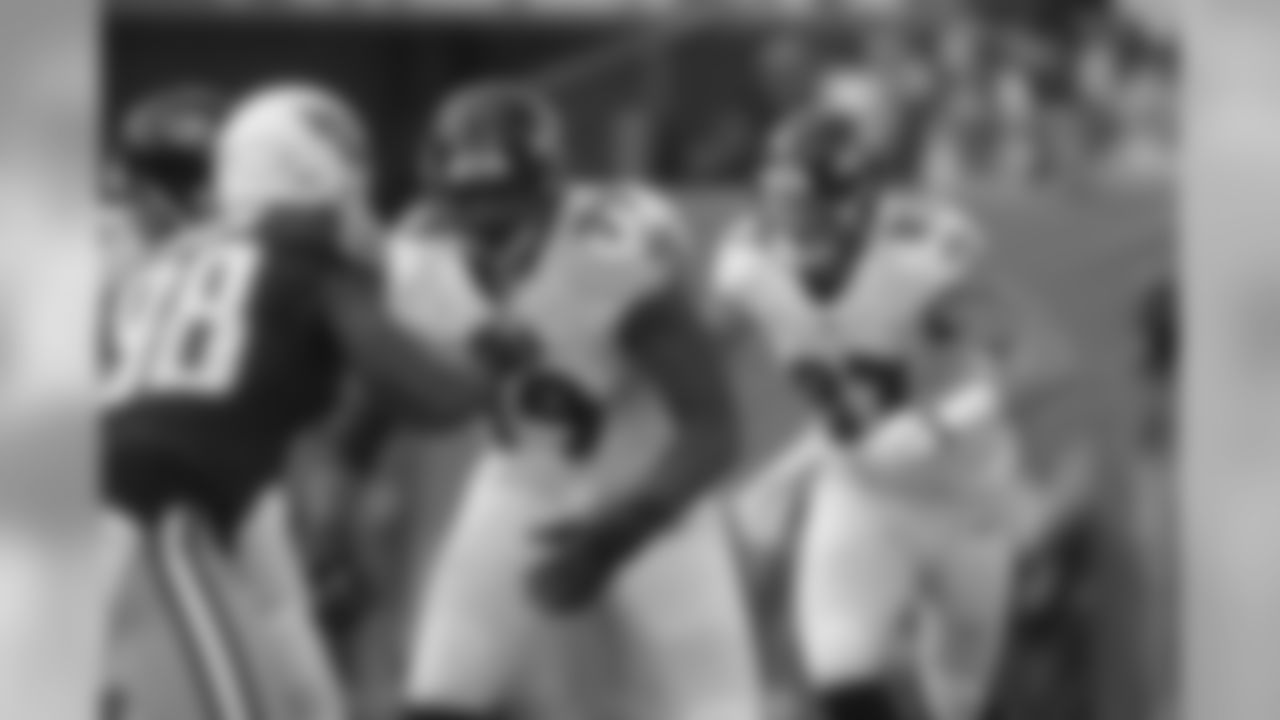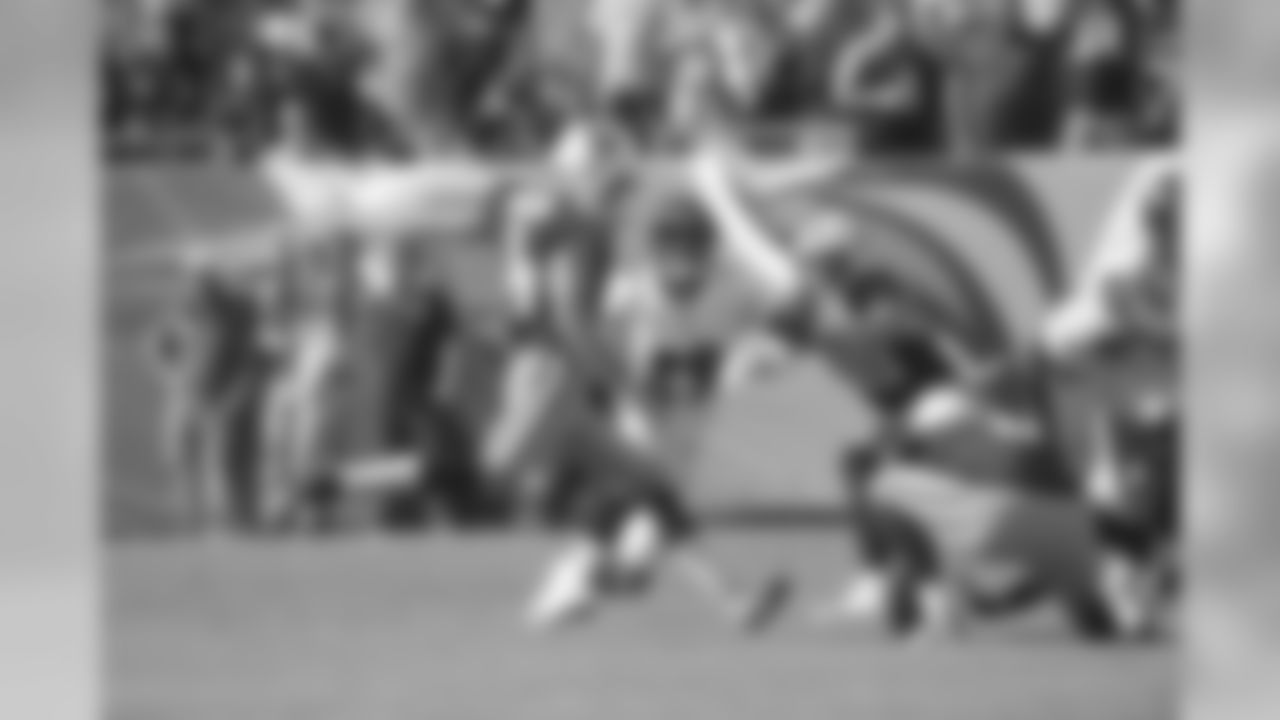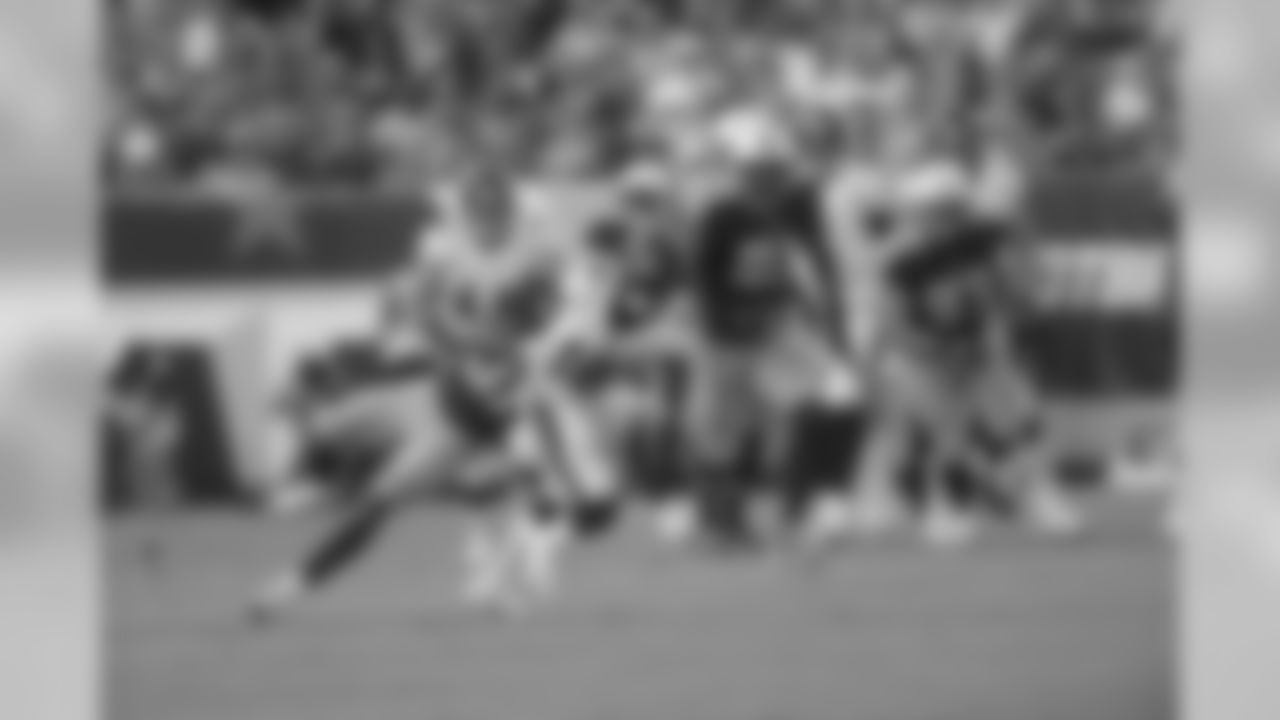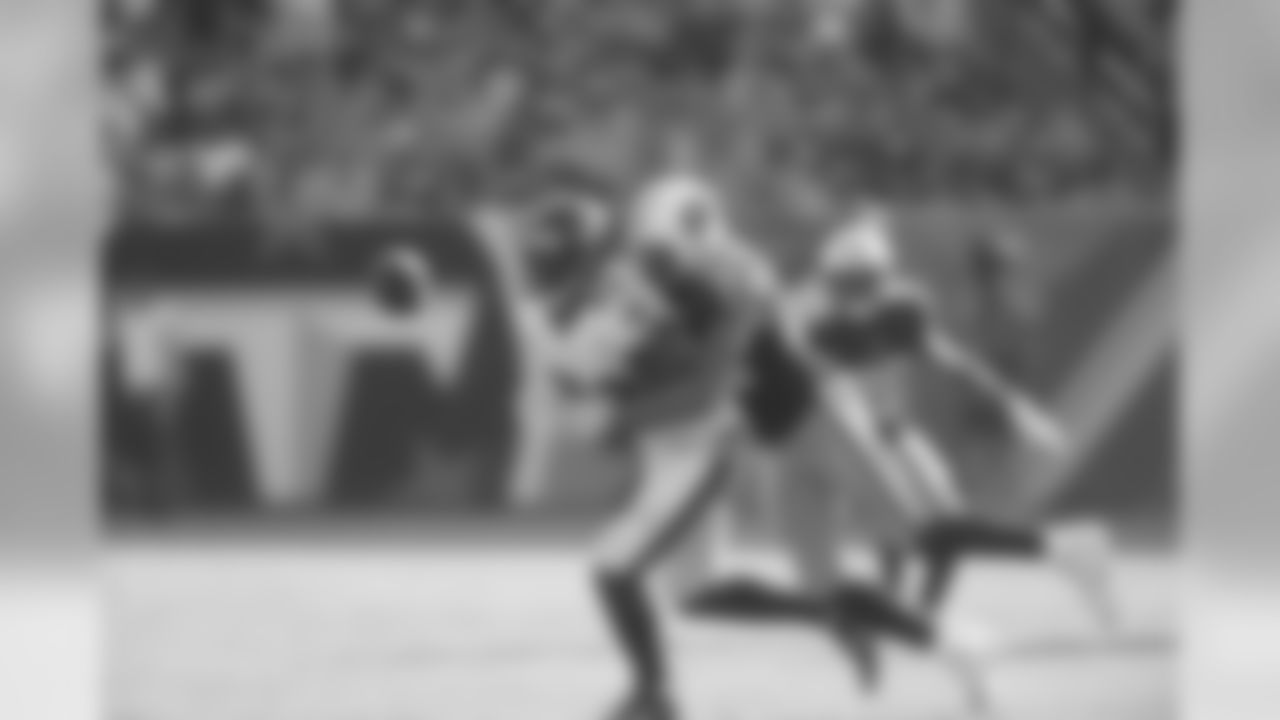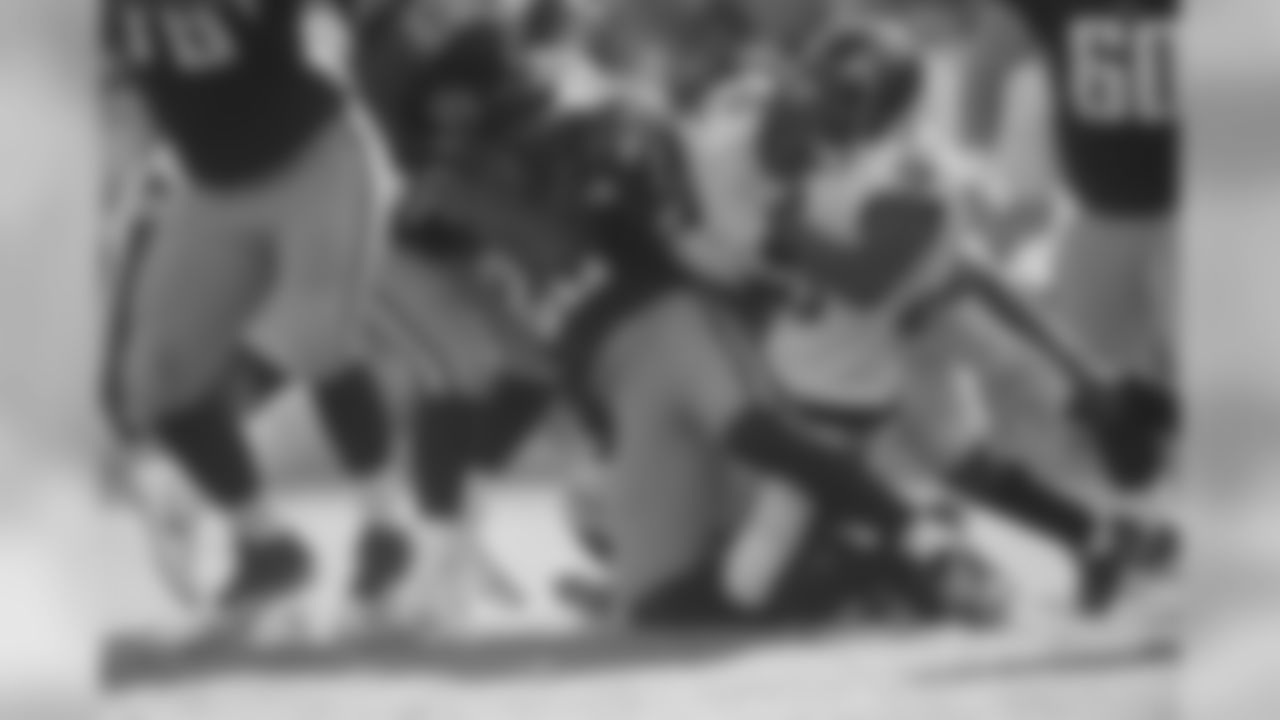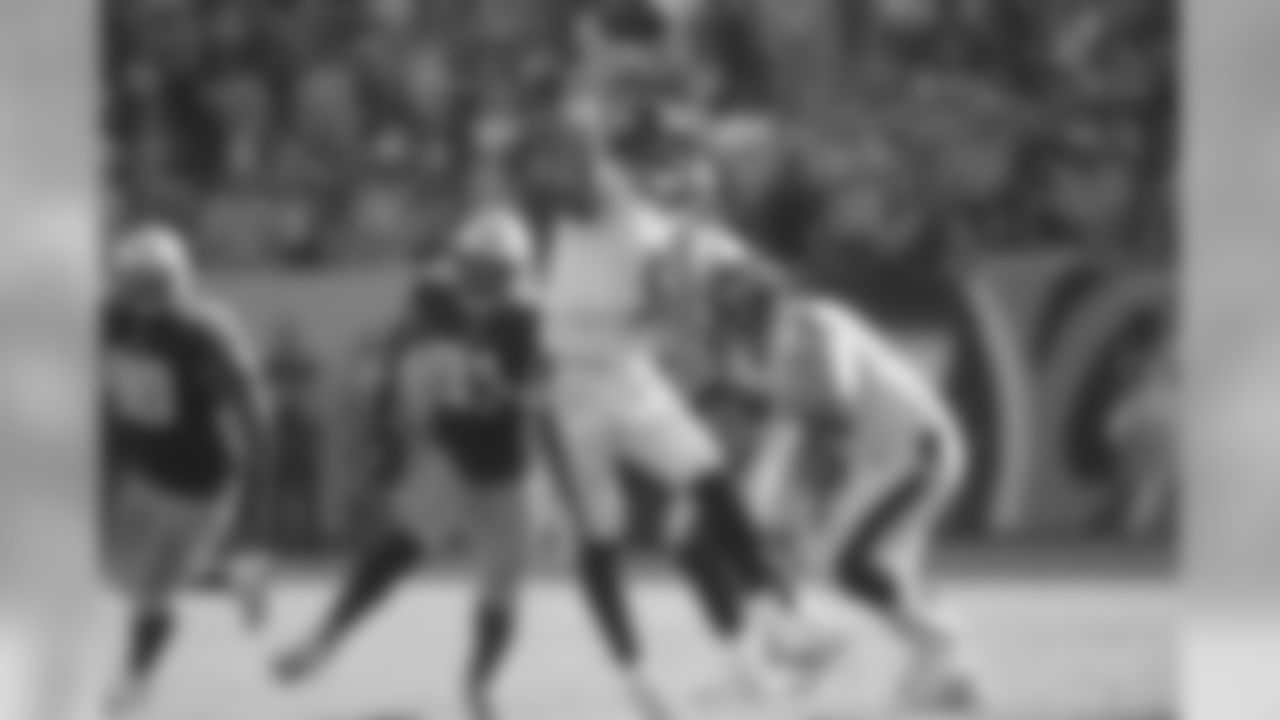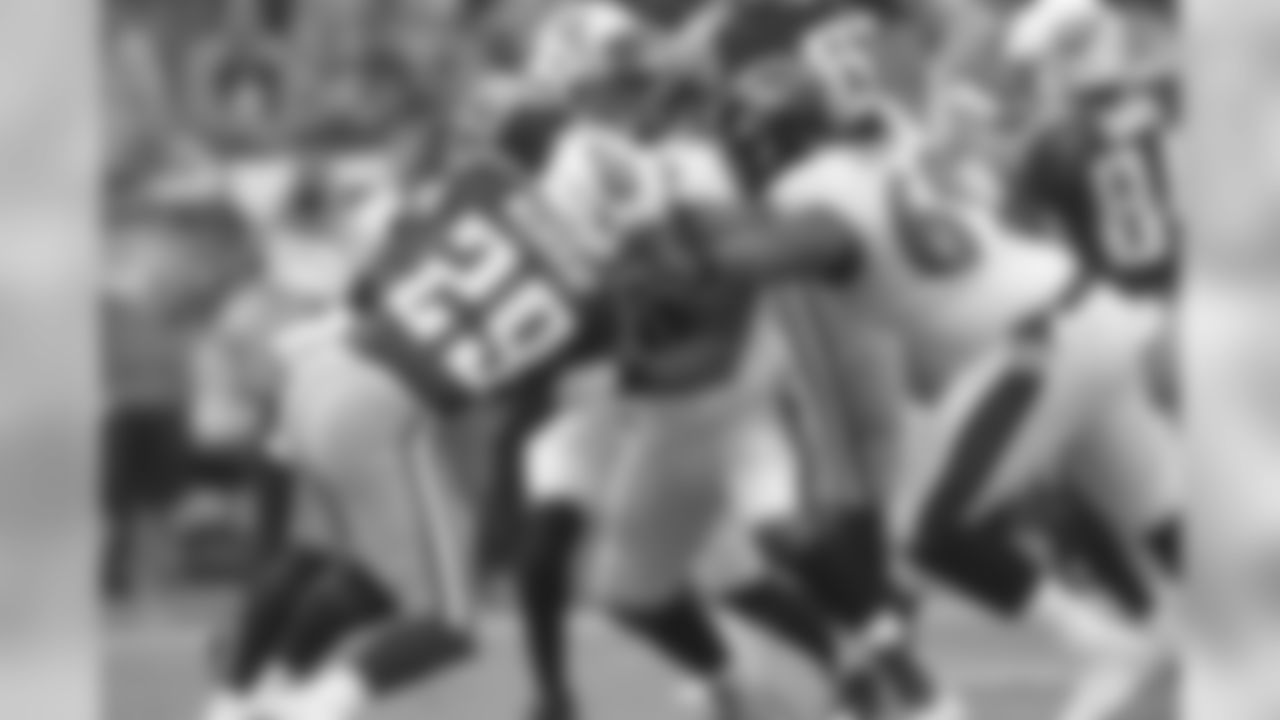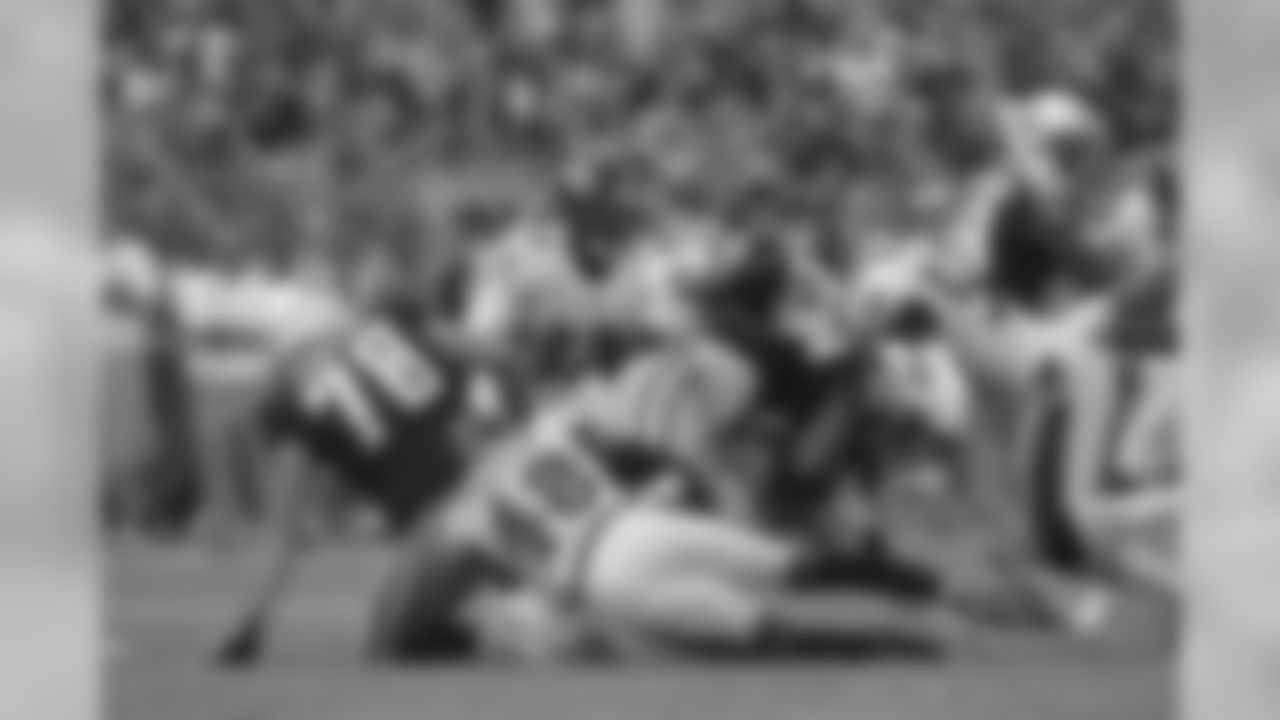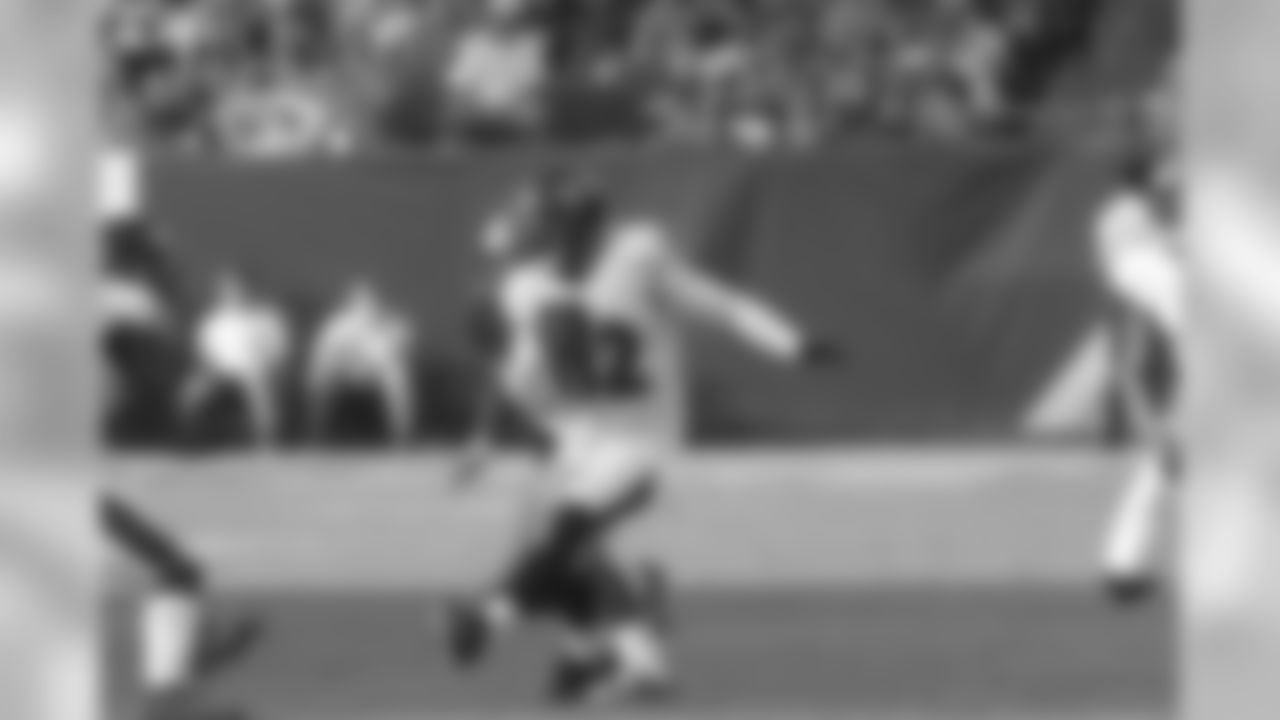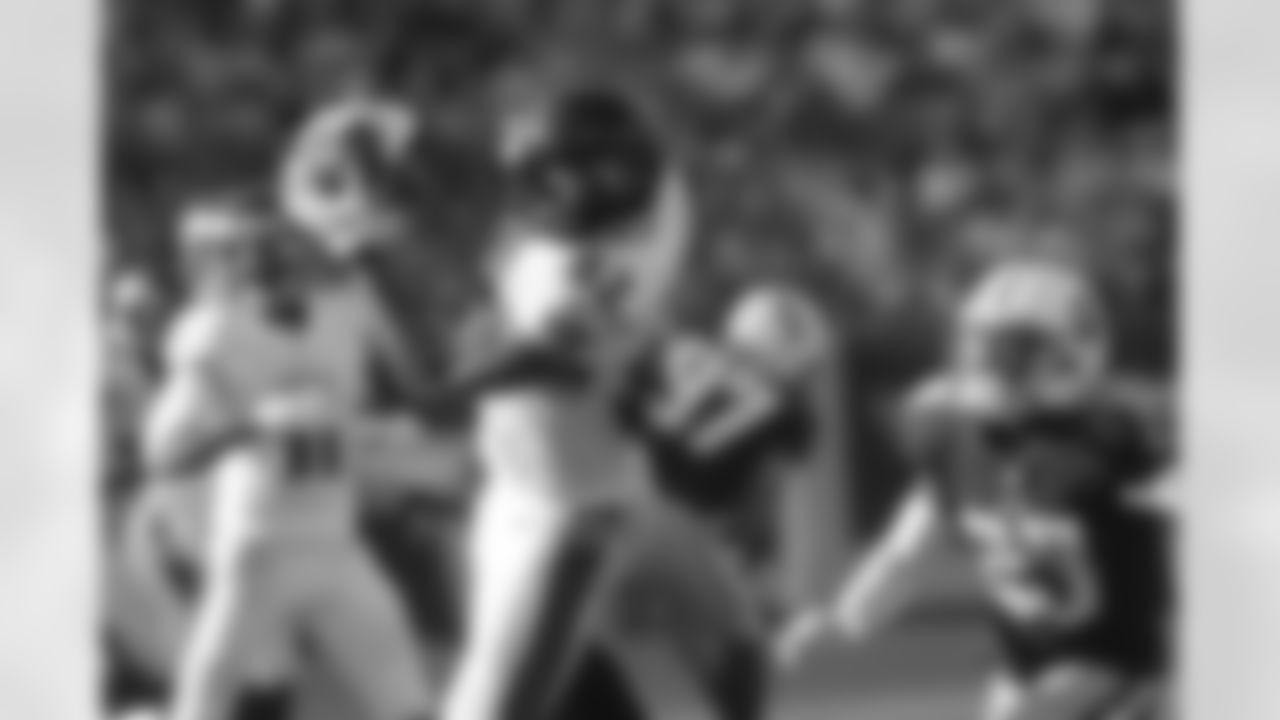Five thoughts on the Ravens' 23-20 loss to the Tennessee Titans Sunday at Nissan Stadium:
Ravens Produced Enough to Win, But Also Did Enough Wrong to Lose
This was a strange one. In some respects, the Ravens did what they wanted and needed to produce an important road win. Their offense moved the ball enough to pile up significant advantages in yardage gained, first downs and time of possession. Statistically, the game was lopsided. The Ravens' interior defense also won what was thought to be a crucial physical battle against Tennessee's highly-ranked rushing game, limiting the Titans to an average of 3.4 yards on 21 carries. It sounds like the earmarks of a win, but the Ravens never led and no one would say they deserved a better fate. Familiar issues undermined the offense – a pair of interceptions, an absence of downfield playmaking and the inability to convert third downs into firsts. As for the defense, it did a lot right and mostly played well enough to win, but it also yielded at a critical moment late in the game, short-circuiting a comeback. Bottom line, on a day when the team did some things right, it did just enough wrong to lose.
Harbaugh's Fourth-Down Conversion Attempt Was No Surprise
As the fourth quarter began, the Ravens trailed, 16-6, and their offense faced a fourth-and-inches situation at the Tennessee 16. A field goal would have made it a one-score game. I tend to be conservative, a take-the-points guy, especially when your offense is struggling to score anything, as was the case with the Ravens offense for most of this game. That the Ravens went for it was no surprise. Head Coach John Harbaugh said later that statistical analytics suggest teams should go for it on fourth down a lot more than they do, even in their own territory, as opposed to giving up the ball. In any case, that's why Harbaugh is aggressive in such situations. It cost him this time when running back Buck Allen took a handoff and failed to pick up the first down. The three points the Ravens didn't get certainly would have helped at the end, but Harbaugh didn't seem to mind that he might be second-guessed; what upset him was he believed the ball was spotted incorrectly and Allen did gain the necessary yardage. "He got it," the coach said flatly. From the replays I saw, I agree.
The Biggest Play of the Game May Have Been the Illegal Formation Penalty
You could make the argument that a 5-yard illegal formation penalty was the game's biggest play. It happened late in the second quarter. With Tennessee leading, 10-6, the Ravens' Sam Koch boomed a 56-yard punt and Chris Moore downed the returner at the Tennessee 29. But an illegal formation penalty on rookie Tyus Bowser nullified the play, and the do-over proved disastrous when the normally reliable Koch shanked the punt and the ball traveled just 17 yards. Instead of starting at its 29, Tennessee started the possession at the Baltimore 26 – a 43-yard improvement from a 5-yard penalty. The Titans offense drove to a touchdown with help from another Baltimore penalty, an unnecessary roughness call on linebacker Za'Darius Smith, who gave Marcus Mariota a light shove after the Tennessee quarterback released a third-down pass that fell incomplete. It was a dubious call, but Harbaugh didn't second-guess it. "It was unnecessary to (hit Mariota) in that situation. I wish he hadn't done it," Harbaugh said of Smith. That penalty cost the Ravens three points because the Titans ended up scoring a touchdown (and then missed the extra point), and well, three points separated the teams at the final gun.
Titans' Defensive Strategy Worked
Tennessee's defensive strategy was no mystery. Facing a Baltimore offense that featured a hot running back and the league's lowest-rated passing attack, the Titans stacked the box to limit Alex Collins and dared Joe Flacco and the passing game to step up. It did to a degree, producing a season-high 268 yards (while Collins was limited to 43 rushing yards on 13 attempts). But the passing game was hardly a well-oiled machine. One early deep shot hit Breshad Perriman's hands before the receiver was hit and the ball was tipped and intercepted. His failure to attack the ball was a mistake, and Flacco made another on his second interception, tossing a sideline pass into coverage off his back foot. Other than Jeremy Maclin, who loomed large with eight catches for 98 yards, the downfield passing game never materialized. Nineteen of the Ravens' 35 receptions were made by tight ends and running backs. Bottom line, Tennessee gambled and won that the Ravens couldn't win with their passing game.
Ravens' Offseason Moves Were Designed to End Opponents' Game-Winning Drives
For most of the game, the Ravens defense gave an inspired performance. It limited the run, pressured Mariota and got off the field. (Tennessee was just 3-of-11 on third downs.) Although the Titans did roll 46 yards to a touchdown with relative ease after Flacco's first interception, the Ravens defense had the upper hand, keeping Baltimore in the game even though its offense failed to reach the end zone until the fourth quarter. The defense even made the big play to kick-start a late rally when Eric Weddle's interception set up the Ravens' first touchdown, which narrowed Tennessee's lead to 16-13. Just when the Ravens really needed a stop, though, the defense faltered and gave up a touchdown drive. Rather than make the point myself, I will let C.J. Mosley make it: "We played good defense, but if we would have gotten that stop, it would have been great defense." Bingo, and what's really frustrating is that's the exact scenario the Ravens wanted to eradicate when they bulked up their defense during the offseason.
Check out all the best photos from Tennessee as the Ravens battle the Titans.
